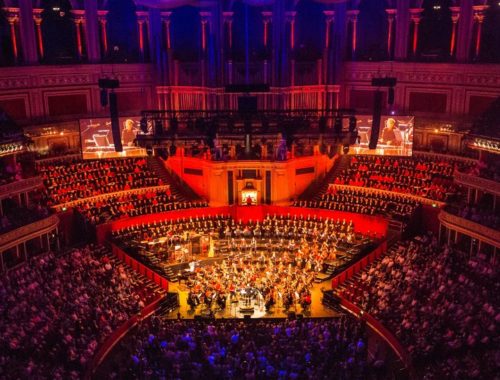New York Philharmonic Orchestra, Gilbert, Barbican Hall
For the New York Philharmonic to have embarked upon a London residency without Mahler in their portfolio would have been unconscionable. It was they, after all, who brought it to the wider world under their most celebrated music director Leonard Bernstein. But Alan Gilbert, the current incumbent, is no Bernstein – few are – and to have begun rather than ended this three-day residency at the Barbican with the valedictory 9th Symphony only served to drive home the point that his performance made spectators rather than participants of us all.
Gilbert led by example with his forensically objective exposition of the score. From bar one of the first movement – a dark night of the soul if ever there was one – orchestral effects were neon-lit, details like stopped horn grimaces and scarifying bass woodwind apparitions thrown into exceptionally high relief. But drawing attention to the mechanics of the writing, highlighting how, for instance, Mahler has his horns switch from open to shut, from their noblest to nastiest sound, was to view this piece purely from where it was going and not from whence it came. One should feel the legacy of the great Austro-German repertoire at all times – but Gilbert even lost sight of what those parodistic inner movements might be parodying. Where was the cheesy old Viennese charm of the lumbering second movement? Why did the demented Bachian counterpoint of the Rondo-Burleske third movement sound merely hectoring and not shocking? Mahler should never feel anonymous, and this performance did.
For all the furious emoting of each and every climax, one could still count the barlines and feel little or nothing – except admiration for the brilliance of the orchestral playing, not least the exceptional first horn. My third star is for him. But really, where a conductor like Bernstein truly inhabited this music, Gilbert seemed to come at everything from without. Rubatos felt applied not organic and emotional connections, like the poignant premonition of the finale at the heart of the third movement, were heard but not felt.
It was, in short, like hearing all the notes but not the reasons for them. It was an accomplished, if uniformly overbearing, exhibition. And Gilbert was still beating time long after the music had lost its pulse leaving this listener feeling cold and unmoved.
Marc-André Hamelin, Wigmore Hall
You May Also Like

GRAMOPHONE: From Where I Sit – Awards Issue 2019
08/11/2019
GRAMOPHONE Review: Mahler Symphony No. 7 Bayerisches Staatsorchester/Petrenko
12/08/2021